Resources
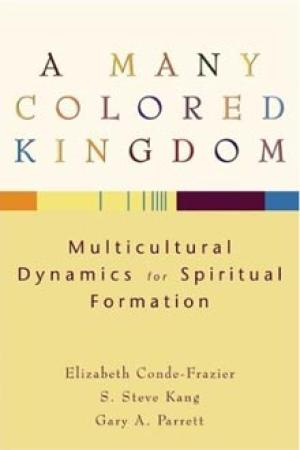
A Many Colored Kingdom explores Christian formation and teaching in the church, with a particular focus on intercultural and interethnic relationships. Well qualified to speak on issues of diversity, the authors describe relevant aspects of their own personal journeys, presented in compelling narrative form. They go on to identify key issues emerging from their Scripture studies and teaching experiences. A final chapter contains a conversation among the authors as they respond to one another's insights and concerns. This book will be required reading for those engaged in as well as those preparing for a life of teaching and ministry in our increasingly multicultural world. (From the Publisher)
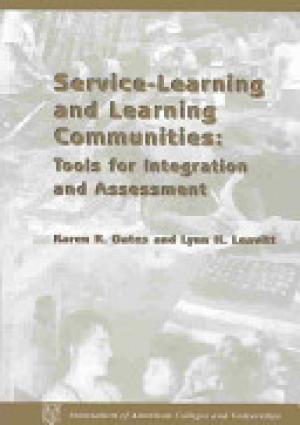
"This publication attempts to provide fundamental theory about service-learning and learning communities, along with descriptions of best practices, lessons learned, and assessment strategies. The text is designed to provide resources to help readers offer service-learning experiences for their students. Learning communities are now commonly structured into colleges and universities across the United States, and research suggests that they increase student engagement and persistence. Coupling learning communities and service learning provides contexts for learning and deepens students' learning experiences, but it requires adjustments to the organization, management, and planning of activities for the course."
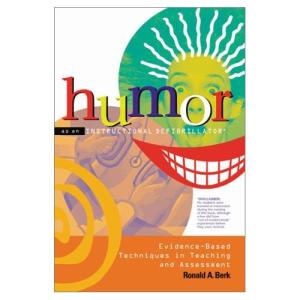
Grab those paddles. Charge 300. Clear! "Ouch!" Now how do you feel? "Great!" Humor can be used as a systematic teaching or assessment tool in your classroom and course Web site. It can shock students to attention and bring deadly, boring course content to life. Since some students have the attention span of goat cheese, we need to find creative online and offline techniques to hook them, engage their emotions, and focus their minds and eyeballs on learning. This book offers numerous techniques on how to effectively use humor in lectures and in-class activities, printed materials, course Web sites and course tests and exams. These techniques can convert any course into an adult version of Sesame Street. (From the Publisher)
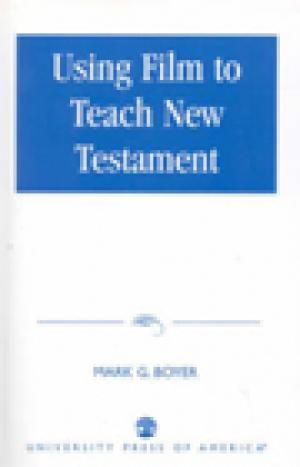
Boyer describes a teaching method which uses popular movies to explore themes encountered in the New Testament. Topics include, for example, martyrdom in Witness and The Gospel of Luke and apocalypse in Waterworld and The Book of Revelation. A modernized film interpretation of Shakespeare's Rome. (From the Publisher)
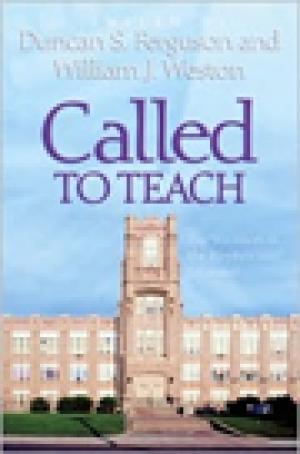
Presbyterian educators Duncan Ferguson and William Weston argue that the calling to teach in higher education is distinctively Reformed and a primary mission of the Presbyterian church. This collection of essays first lays the biblical, theological, and historical foundations for this calling, then explores how it is lived out today in educational institutions -- church-related as well as secular. Concluding that today's church must have the nurture of the teacher as a central part of its mission, Called to Teach will be a welcomed resource for all those who have the vocation of teaching. (From the Publisher)
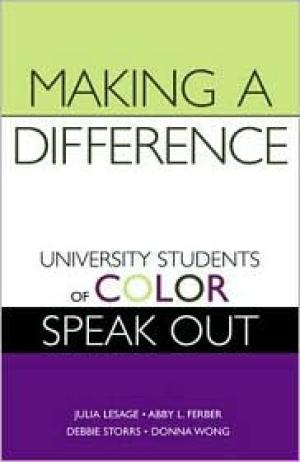
In Making a Difference, students of color relate their first-hand experiences with educational systems and campus living conditions. Their narratives provide an insider perspective useful to anyone working on diversity issues who is trying to improve institutional culture and policy. The contextualizing essays following the student narratives are written by academics and student affairs professionals who draw links between issues of institutional access, recruitment and retention of students and faculty of color, curriculum changes, teaching strategies--especially for teaching whiteness and racial identity formation, campus climate, and the relation between an individual institution's history of dealing with race to developments in public policy. (From the Publisher)
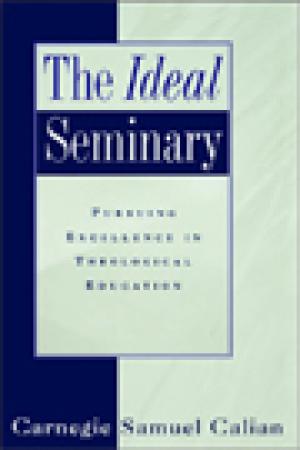
The president of Pittsburgh Theological Seminary addresses everyone who has a stake in theological schools and education: educators, administrators, students, and donors. He discusses institutional challenges, program challenges, and student concerns. Each chapter ends with an issue for discussion. (From the Publisher)
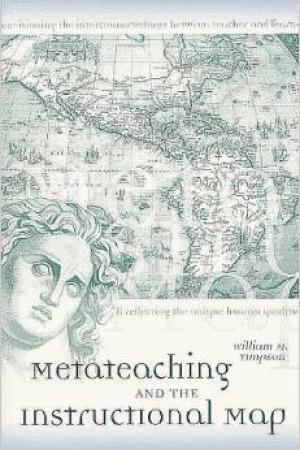
Bill Timpson presents his conception of metateaching. As metacognition is the idea of thinking about thinking, metateaching is the idea of thinking about teaching. Your mind will be infused with new, innovative — yet practical — ways to think about your classroom after reading this book. You will learn about the Instructional Map, a systematic tool to help you organize your classes and visualize the direction, components, and impact of different aspects of teaching. Ideas from the fields of cartography and orienteering will give you a fresh angle from which to view your teaching practice. (From the Publisher)
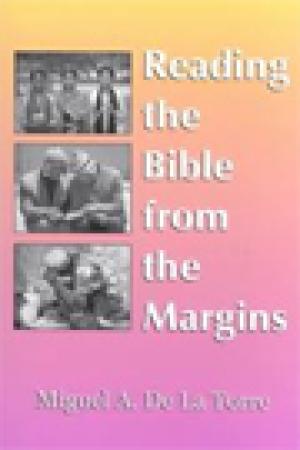
This introduction to reading and understanding the Bible focuses on perspectives that are often ignored. Here, emphasis is placed on how issues involving race, class, and gender influence our understanding of the Bible. The author shows how "standard" readings of the Bible are not always acceptable to people or groups on the "margins." The poor and those who are targets of discrimination because of their ethnic group or gender may have quite different insights and understandings of biblical texts that can be of value to all readers. (From the Publisher)
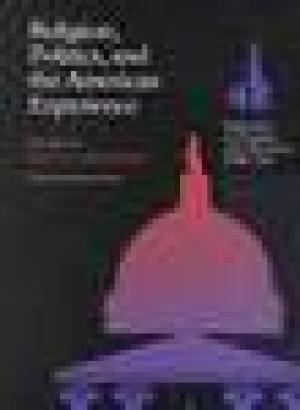
This challenging collection of essays offers a refreshing approach to the troubling--and timely--subject of religion and public policy in America, and the ways in which issues of church and state affect our national identity. The result of a series of conferences on religion and politics conducted by the Public Religion project at the University of Chicago, funded by a grant from the Pew Charitable Trust, this collection brings together an extraordinarily diverse set of contributors. Represented within its pages are the ideas and opinions of scholars, politicians, and religious leaders with backgrounds in law, politics, history, and divinity, among them Senator Paul Simon of Illinois. With its wide range of critical approaches and varied perspectives, this volume makes a vibrant contribution to the national dialogue on politics and religion. Chief among the essay topics are the evangelical roots of American political life; early conflicts between Enlightenment thinking and spiritual impulses in developing a national identity; the practical problems that today's politicians face in campaigning; the impact of constitutional and legal language regarding our definitions of religion; and the way in which the media's treatment of our spiritual life frames our perceptions of it. These thought-provoking essays will inspire readers to rethink, argue, perhaps act, but most importantly, to converse about this timely and important issue. This volume will have wide cross-disciplinary appeal. Students and scholars of history, religious studies, and political science will find great value within its pages, as will scholars of divinity and law, and members of this general public concerned with the intersection of faith and politics in American life. (From the Publisher)